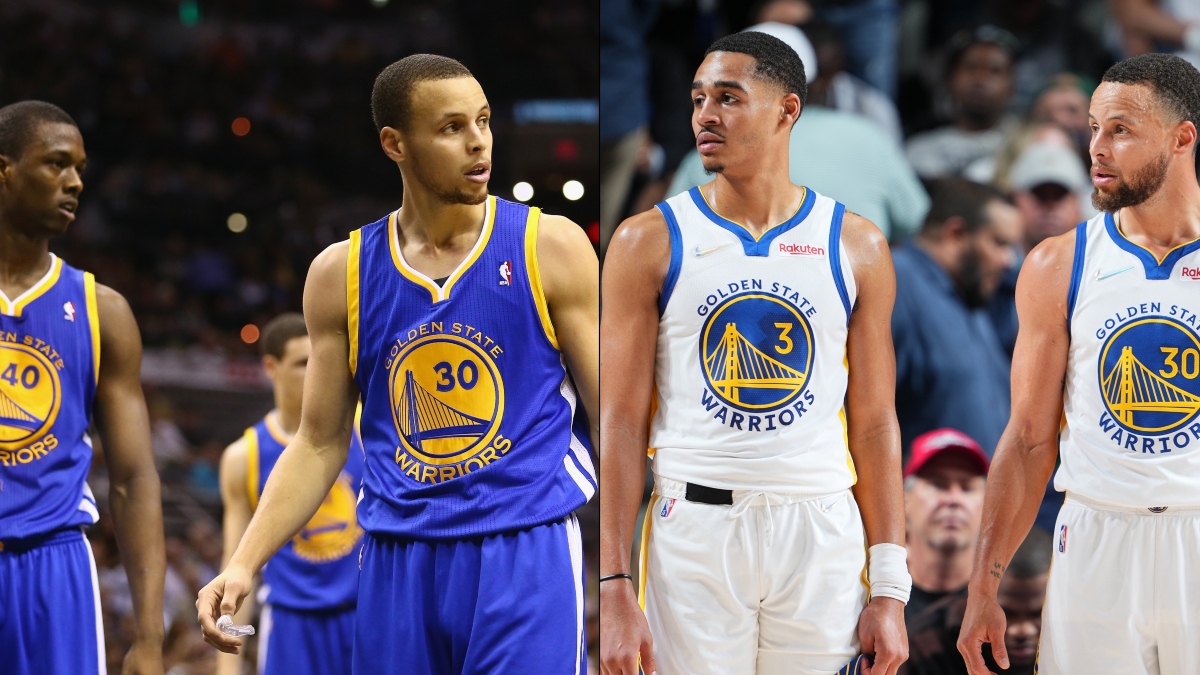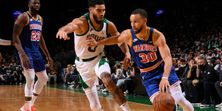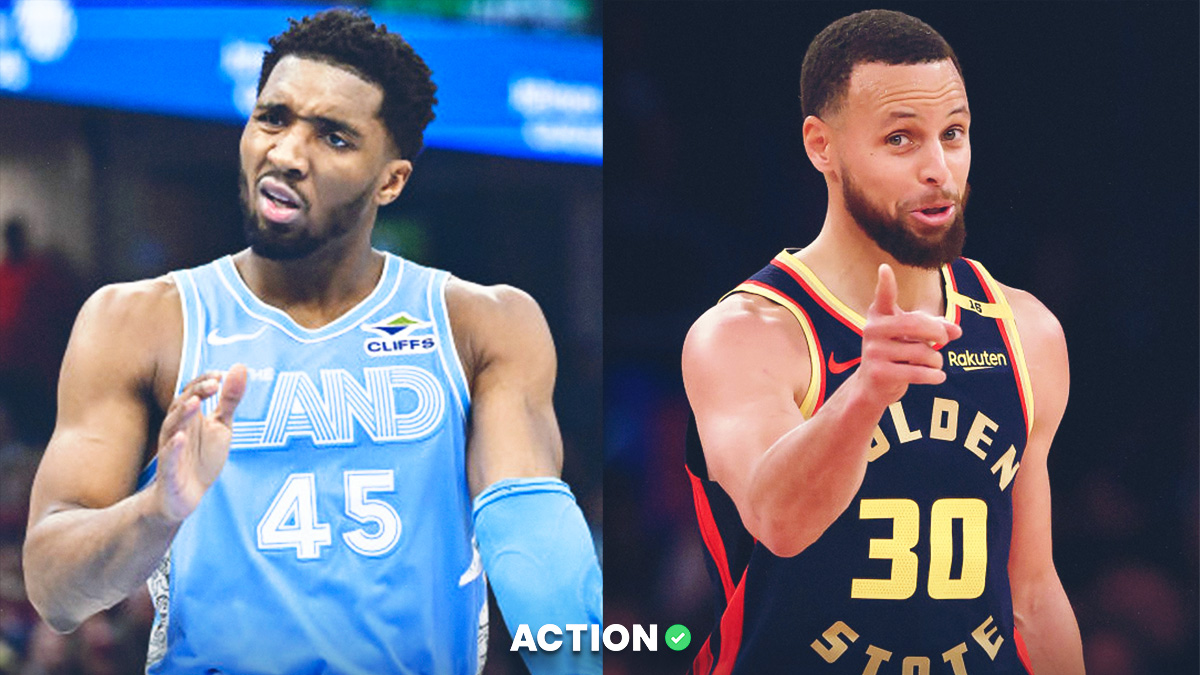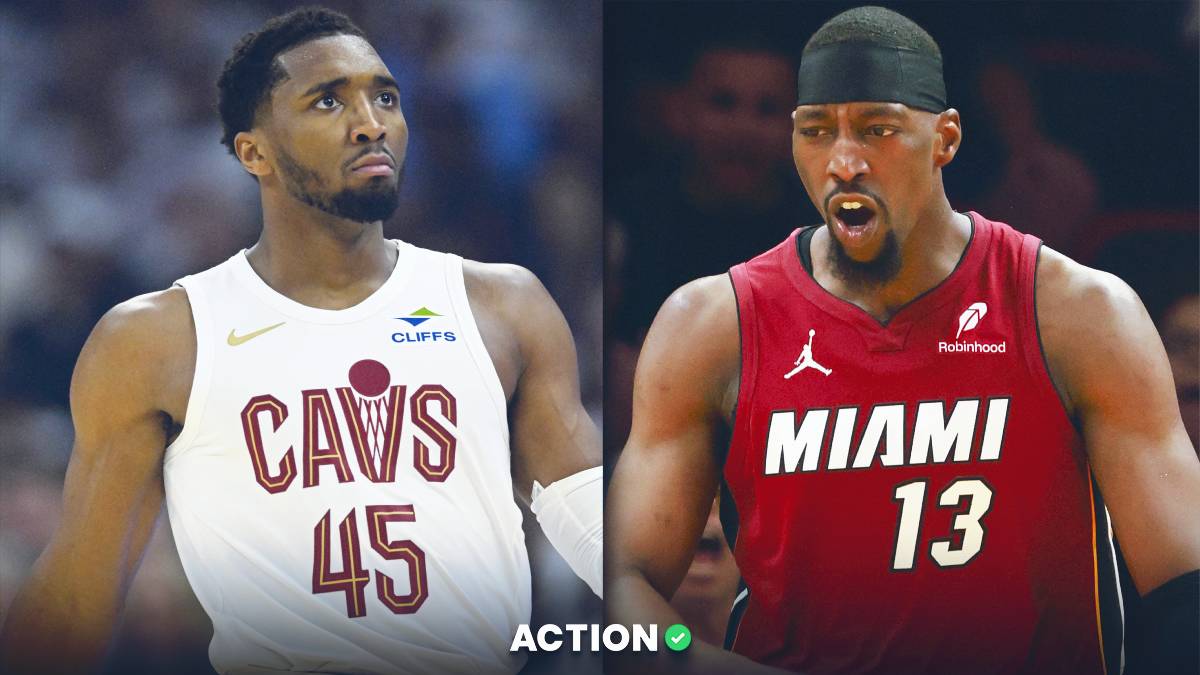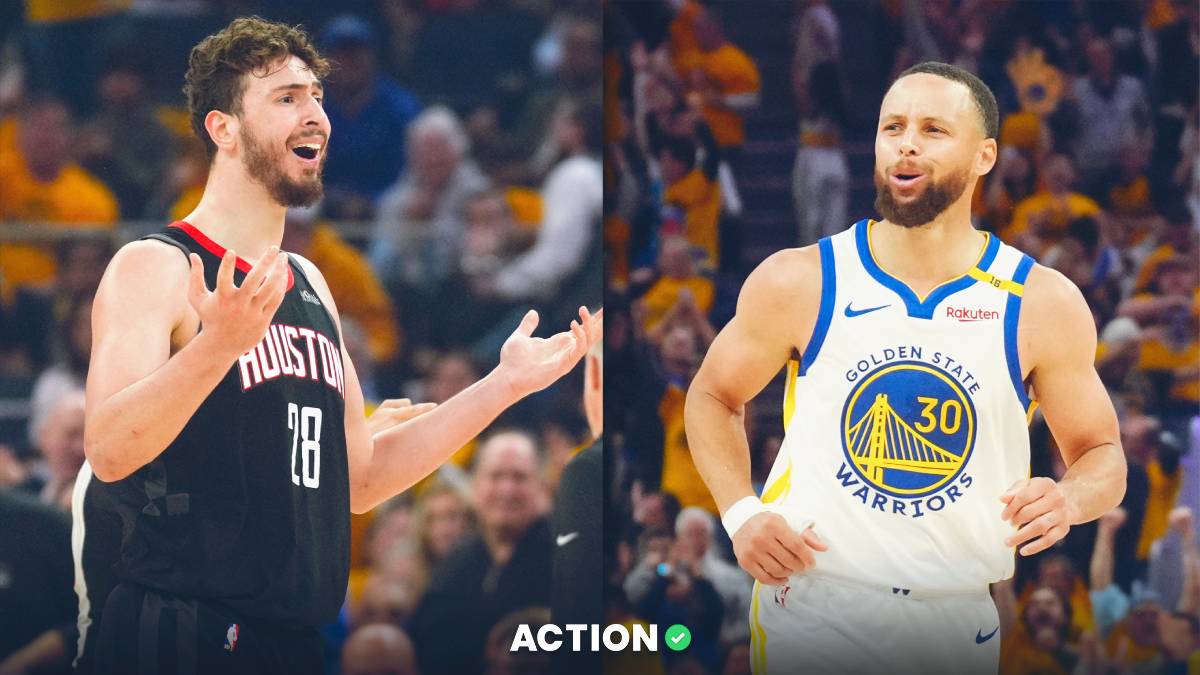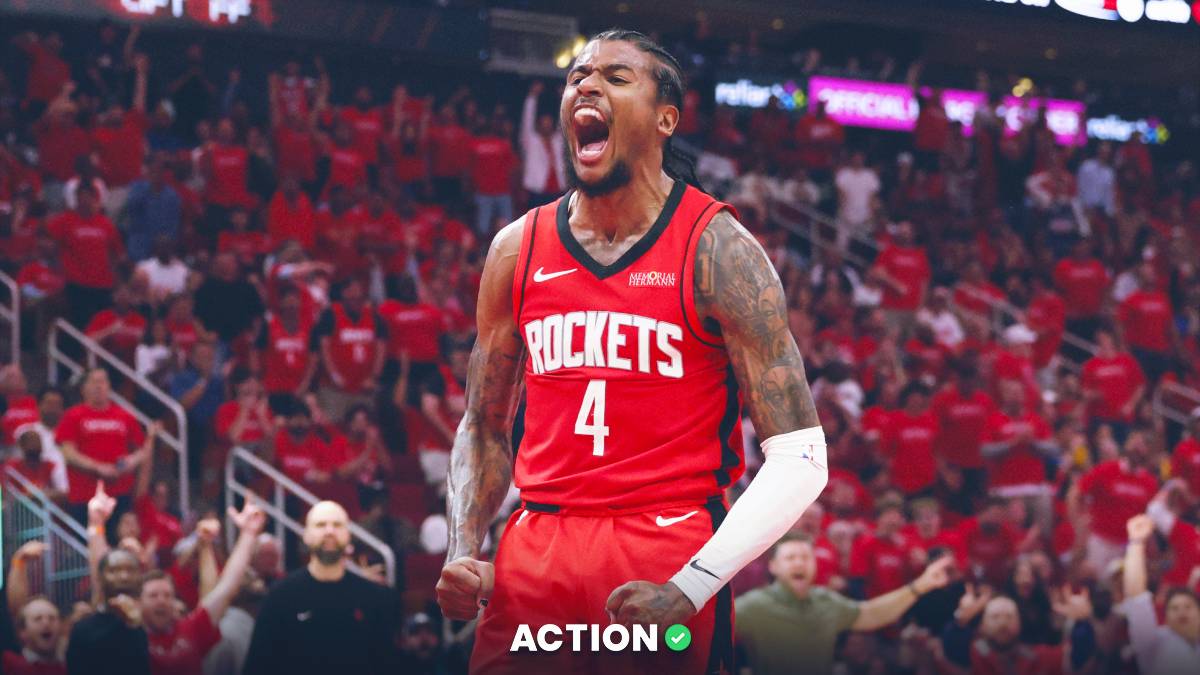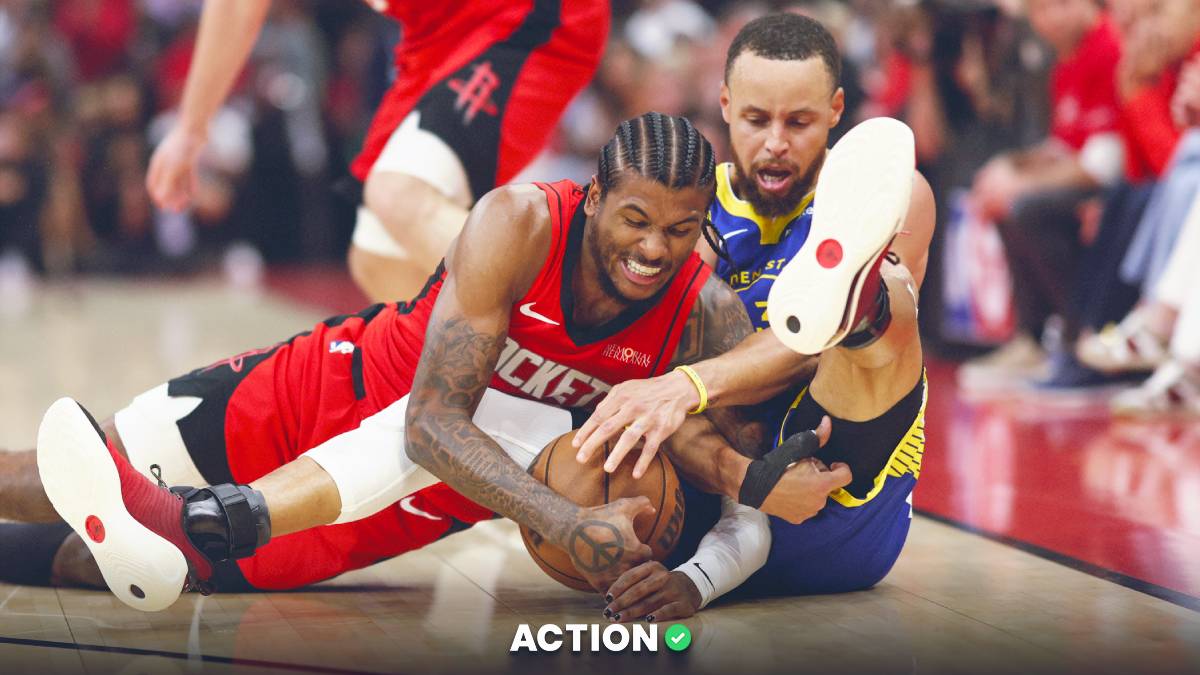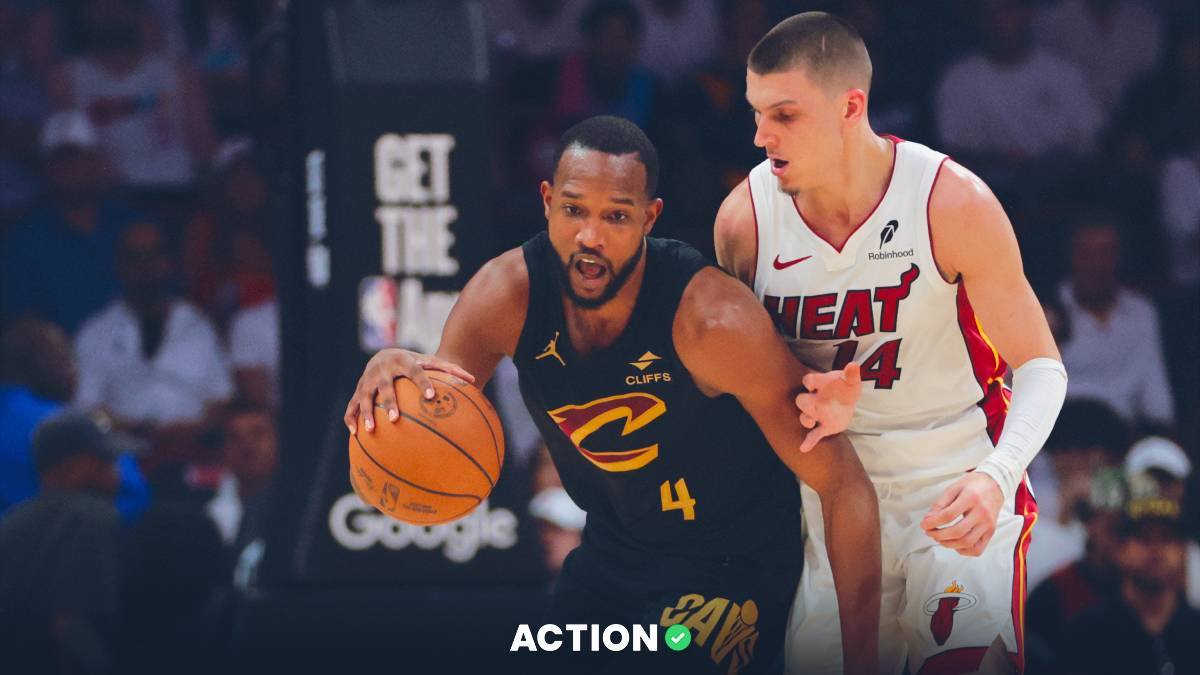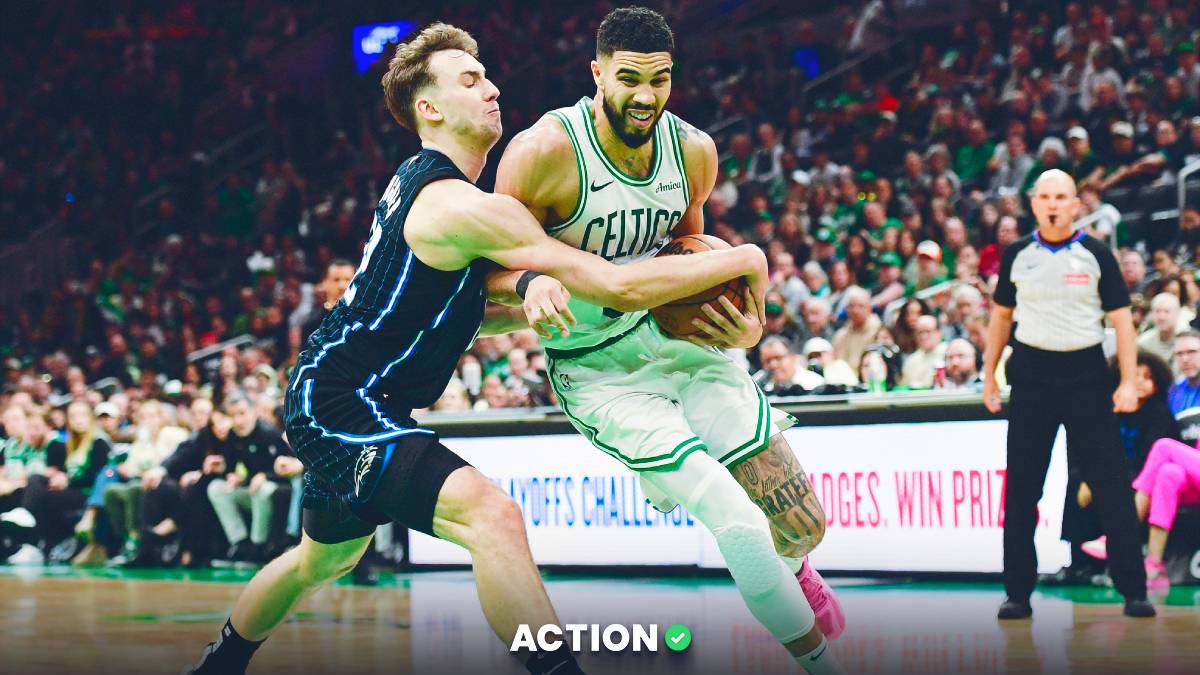Every NBA team, each season, is its own an organic entity.
It has its own mannerisms, its own tendencies. It operates in a different ecosystem (along with all the different other entities). It moves differently from the previous season based on personnel, style, but beyond that, a feeling. It’s one reason why the NBA regular season is so difficult to predict from night to night.
Teams may look the same — have the same players and coach, run the same stuff, take the same shots — but there are always differences underneath. You’re never the exact same team you were the season before. Your defense is especially good one season, but closer to 10th or average the next. Your offense is iso-heavy one-year, then becomes more spot-up centric the next.
And so it is with the Golden State Warriors that as they approach the NBA Finals for the sixth time in eight seasons, we should not mistake this team for any iteration that came before. To do so is an insult to Golden State’s patience, resourcefulness, and gift for adaptation.
The key players remain the same, so the idea of this being a continuation is sensible. Stephen Curry is still darting around screens and launching 3s with abandon. Klay Thompson remains deadly, if slightly less so than his pre-injury prime. Draymond Green still makes so many small defensive plays and passes in a game that when you return to watch intently, you realize how much he impacted the result.
This isn’t the brash, arrogant team of the 2016 campaign that felt no one was in their class (with good reason, only the Oklahoma City Thunder and Cleveland Cavaliers were).
The Warriors have played with a wisdom and respect for their opponents that you truly never saw in those prime Splash Brothers years. Green raved about Nikola Jokic despite beating him in five games. The Warriors complimented the way the Memphis Grizzlies played while making it clear how upset they are with what they feel were dirty tactics.
This isn’t the Kevin Durant version of the Warriors, mostly because they are neither bored nor exhausted. That Warriors team oozed disenchantment even when they won in 2018. There was tension even then with Durant.
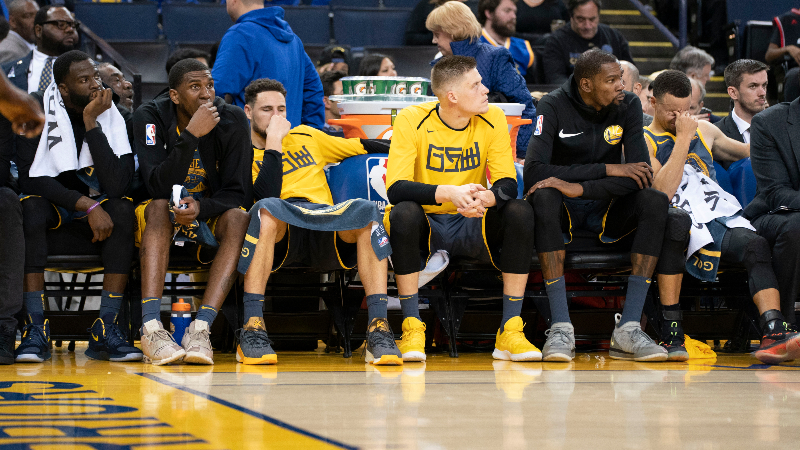
In truth, Golden State was better with Durant because their margin for error was as wide as the Golden Gate, but they themselves didn’t feel better. They just won more consistently and never had to really be concerned.
The Warriors have been to the mountain top, and been thrown off it a time or two. They no longer play like a team that can’t imagine anything but success, because they dealt with injuries robbing them of that chance for the past three seasons.
This team is closer to that 2015 team than any of the iterations that came after. Not quite as feisty as the team led the league in Defensive Rating and Pace simultaneously, the first team to do so in NBA history. The unrelenting uptempo pace isn't there anymore (15th in Pace this season), but their real focus and foundation is defense.
Golden State faced the Denver Nuggets with the two-time MVP, the Grizzlies who have a torrent of athleticism, and the Dallas Mavericks with Luka Doncic and a bevy of shooters, and dispatched them all in six game or fewer (and it would have been five or less without the random Game 5 blowout to an injured Grizzlies team, but then, Ja Morant’s injury has to factor in).
They don’t rattle off 30-2 runs the way they used to, but can create enough separation quickly. They start from a place of defense, they finish with explosiveness. That lack of sustained explosiveness is a big reason why this team feels more beatable than those 2016-18 teams.
However, if anything, this team is deeper and more fundamentally sound.
There’s an inversion with this team compared to the 2015-16 Warriors. Instead of the old-head bench led by Andre Iguodala and Shawn Livingston (and later David West), it’s all young guys like Jordan Poole, Jonathan Kuminga, and a returning-in-the-Finals Gary Payton II.
It’s honestly a boon. The Warriors were outscored by 7.7 points per 100 possessions with Green on the bench in the 2015 playoffs. Their Net Rating is just -1.3 this postseason with Green sitting. They were outscored by 0.3 points per 100 possessions in 2015 when Curry sat. They have outscored opponents by 1.3 with him on the bench in these playoffs.
And that boost helps because the Warriors starters don’t destroy teams like they did in seasons past. The Warriors outscored opponents by 9.4 points per 100 possessions with Curry on the floor in 2015; it’s down to 6.3 in these playoffs. They demolished teams by 12.2 with Green on the court and 8.6 with Thompson on the court in 2015. In these playoffs, with Green it’s just 8.4 and just 1.3 with Thompson.
In short, the ceiling for their starters is much lower, but their overall team floor is considerably higher. The Warriors aren’t as dominant as the early years of the dynasty … they’re just still better than everyone else.
Golden State was +1200 to win the NBA title when odds opened last July. They were just +425 at All-Star Break. Two years of an injury-forced reset really changed expectations for this team, and that was flawed.
The books failed to properly value the core of this team. If you watched the 2020-21 campaign, you would have seen Jordan Poole’s emergence. You would have seen Juan Toscano-Anderson, who hasn’t played much in the postseason but was good in the regular season, contribute.
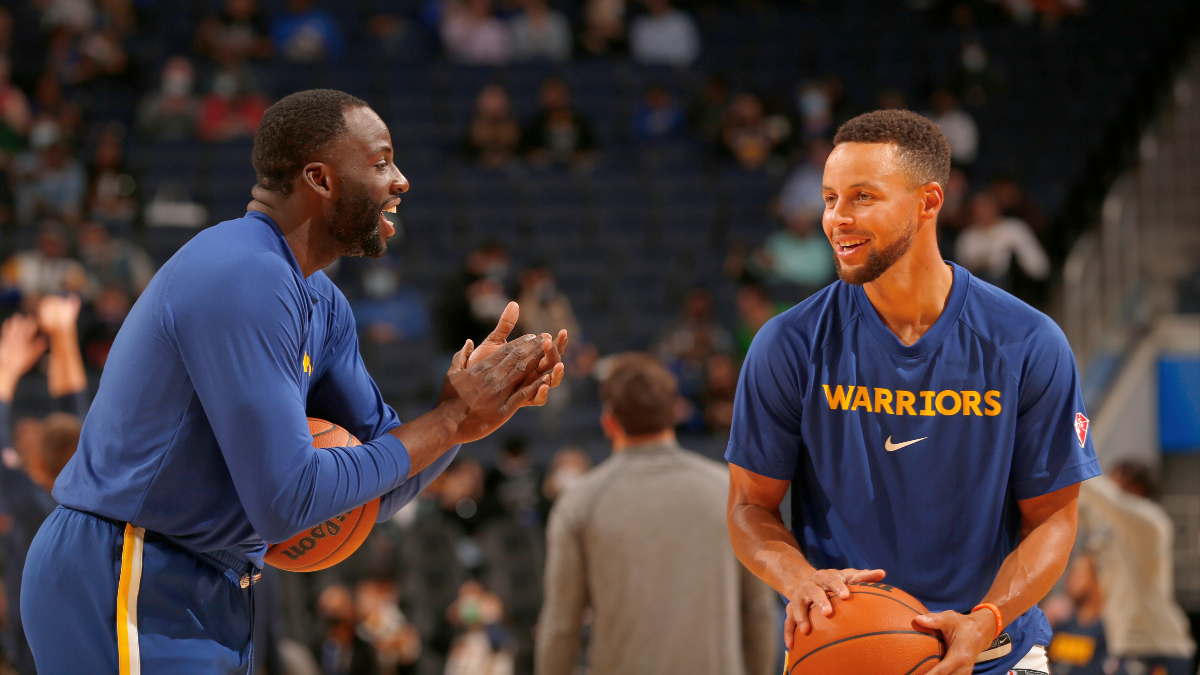
You would have seen that before Green’s winter injury and Curry’s spring injury, the Warriors looked very much like the old Warriors that first month. You don’t forget how to do that when it’s Curry-and-Green. That’s riding a bike.
Poole’s emergency forecasted that Thompson wouldn’t have to return early, and wouldn’t have to be a savior, neither of which happened. Thompson can absolutely give the Warriors a game in the Finals which could be the deciding one. He’ll also have games where he’s closer to invisible. That’s price of age and injuries.
You should not have bet the Warriors because they were the same as the old Warriors. They were not. But as I wrote back in July of last year, they still had the pieces. They hit with the draft with Kuminga. They didn’t swing for the fences as I wrote they might, but instead trusted in the foundation and built around it, without sacrificing their long-term flexibility.
(They also hit an absolute home-run with gambling on Andrew Wiggins.)
There are a few lessons to be learned for bettors. When you have the foundation of a dynasty, you should never dismiss them. When you have a front-office willing to spend and draft assets to capitalize, even if unassured, your position is sound. Don’t overlook the micro trends in a macro-bad season for a team that wasn’t geared to compete (2020, 2021).
The old Warriors are gone. All hail the new Warriors. New faces. Same dynasty.
The same chance, just four wins, for basketball immortality once again.


